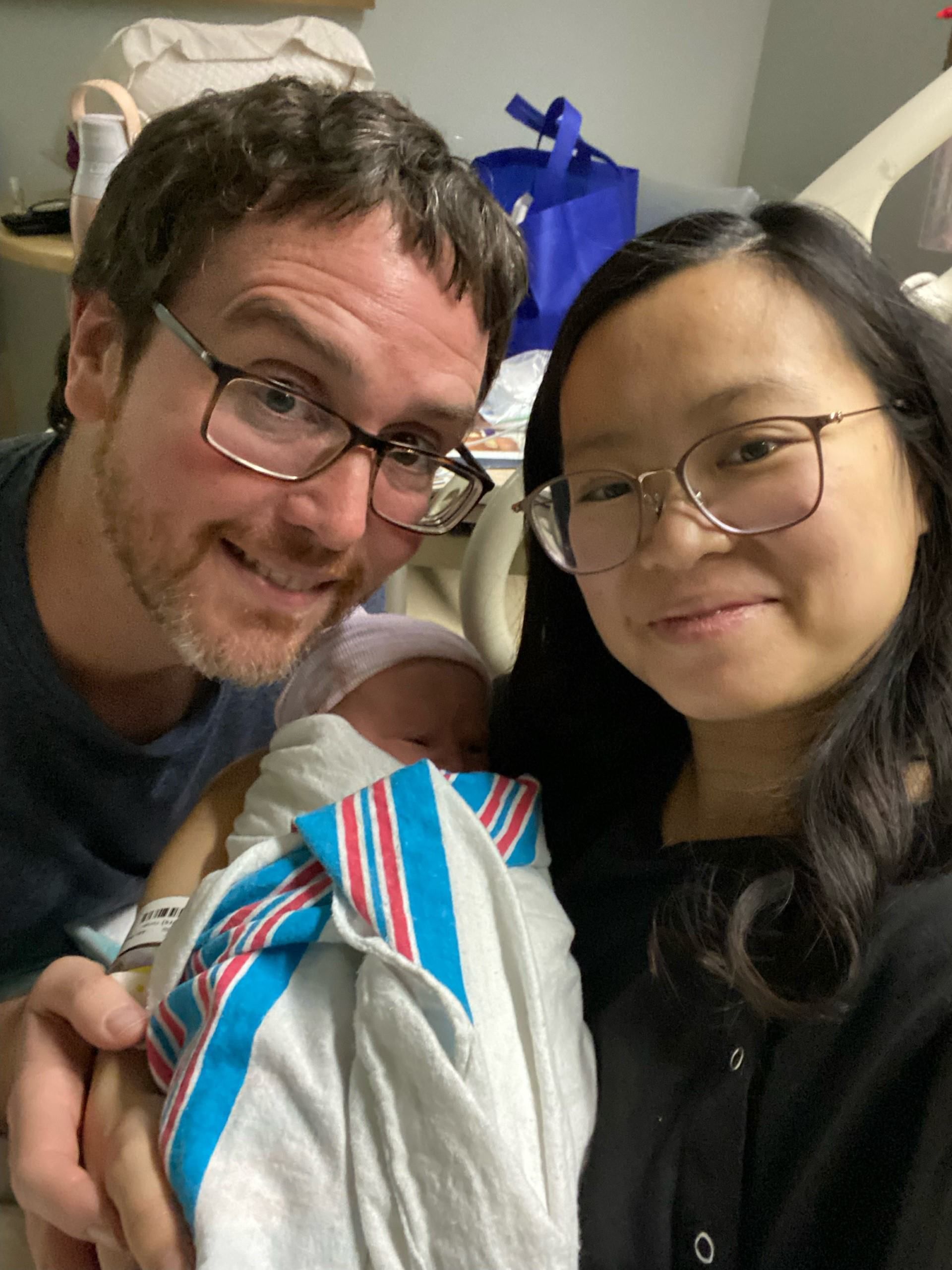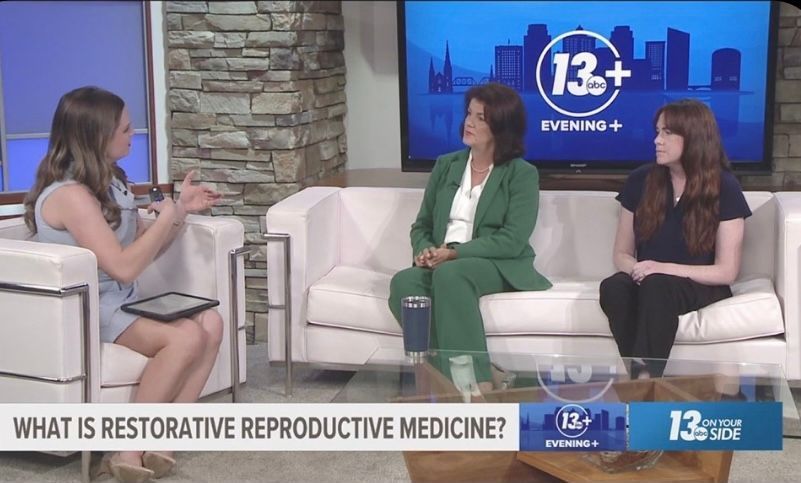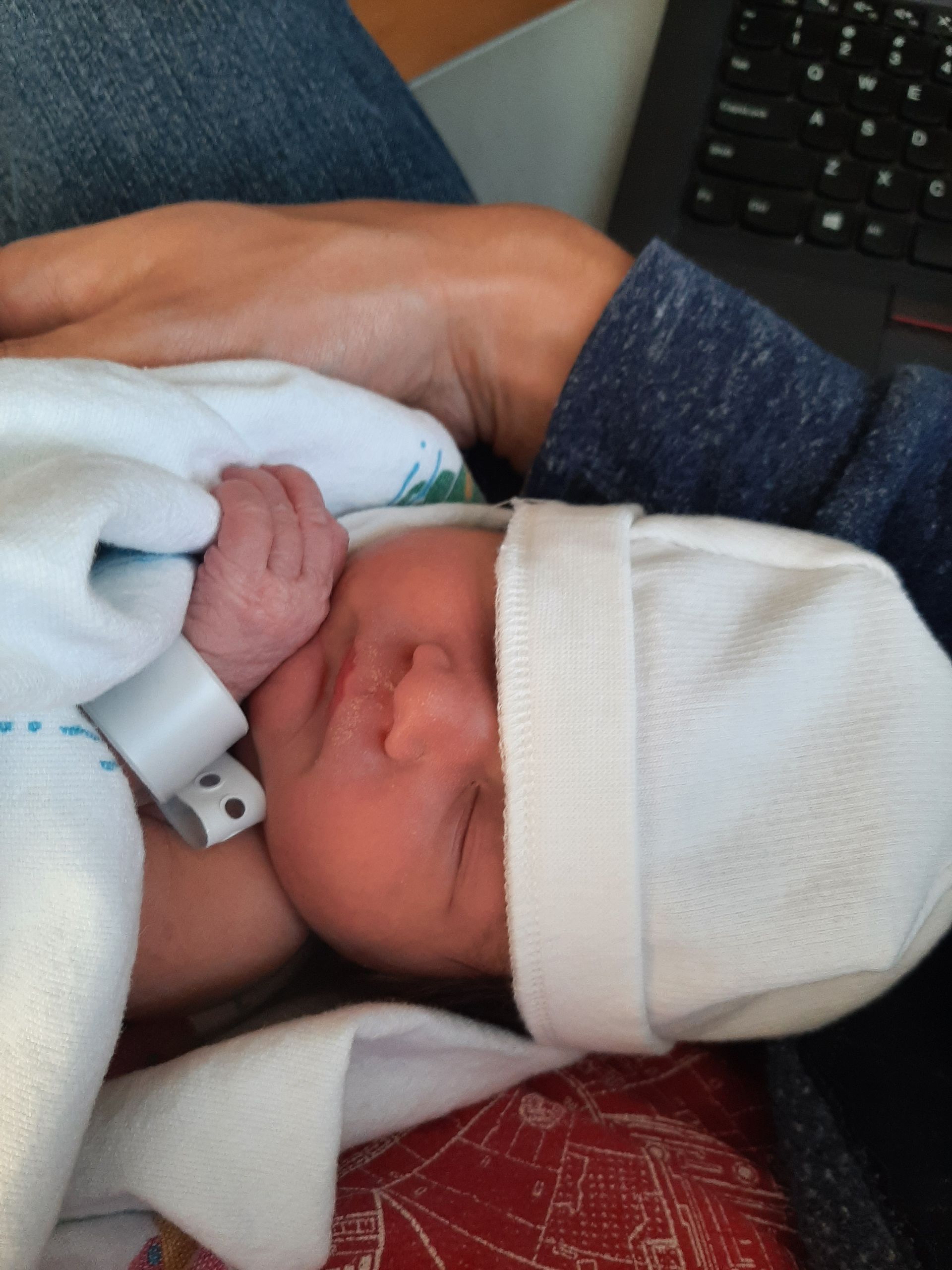Response to Trump Executive Order on IVF: Reply Fertility Urges Restorative Reproductive Medicine for Patients Facing Infertility

Durham, NC – President Donald J. Trump issued the executive order “Expanding Access to In Vitro Fertilization” on February 18, 2025. As a clinic that champions care for those facing infertility, Reply Fertility echoes President Trump’s call for attention to this growing problem, however we urge reconsideration of the President’s singular focus on in vitro fertilization (“IVF”) as the preferred solution.
Rather, there is a growing, compelling record that suggests couples are better served by the emerging medical discipline of restorative reproductive medicine (“RRM”). Whereas IVF is designed to circumvent underlying causes and contributors to infertility to try to force a pregnancy, RRM is designed to identify and treat the underlying factors so couples can conceive naturally and have a healthy pregnancy.
“Couples struggling with infertility deserve comprehensive evaluation, diagnosis, and restorative treatment to optimize their health and natural reproductive function,” says Reply Fertility founder Deborah Colloton, who herself suffered from infertility. “Patients are short-changed when they are raced into assisted reproductive technology such as IVF, which is not focused on restoring health and in fact can be detrimental to the health of moms and babies.”
RRM is emerging globally as a preferred new treatment solution. Compared to IVF, RRM is at least as effective and is:
- less invasive
- less expensive
- much healthier for moms and babies
“By nearly every metric other than time to conceive, RRM outperforms IVF,” notes Colloton. “President Trump’s Executive Order runs contrary to the spirit of Make American Healthy Again (MAHA) and contrary to the spirit of the Department of Government Efficiency (DOGE). It is time to rethink how we address this challenge that is devastating for millions of couples in the U.S. and for tens of millions throughout the world, and we encourage a shift in attention and resources toward restorative reproductive medicine.”
Nowhere is the data for RRM more compelling than when it comes to preterm birth. Preterm birth can be traumatic for families and have a lasting impact on newborn babies; it is an issue of major national concern with the U.S. rate at 10.4% and an estimated average cost of $50,000+ per case, not including possible lifetime expenses. IVF nearly doubles the national preterm birth rate to 19.7%, which means the risk for preterm birth for patients using IVF is greater than for moms who smoke throughout pregnancy. In comparison, RRM care reduces the preterm birth rate to only 5.7%, representing a 71% reduction compared to IVF.
RRM is gaining traction globally and is represented by the medical professional organization, International Institute for Restorative Reproduction Medicine (IIRRM). IIRRM president, Phil Boyle, MD, reminds us, “This is about getting pregnant as healthily as you can, not as fast as you can.” The IIRRM launched a new medical journal on February 2, 2025 (Journal of Restorative Reproductive Medicine). Journal editor-in-chief Joseph B. Stanford, MD, who serves as Professor and Vice Chair for Research in the Department of Family and Preventive Medicine at the University of Utah School of Medicine, explains that RRM “is about understanding what the human body is designed to do, and when things aren’t healthy, how to get back to a normal, healthy physiology.” Dr. Stanford also serves as principal investigator for the international research registry, Surveillance of Outcomes for Restorative Reproductive Medicine (STORRM), in which Reply Fertility participates.
Proper evaluation of fertility challenges takes months as the issues often are multi-factor, chronic, and complex. There are dozens of possible factors that can be anatomical, metabolic, hormonal, autoimmune/inflammatory, infectious, ovulatory/gamete, or lifestyle related. The medical literature shows infertility typically is multi-factor with 4-6 factors that can be female, male, or both. At Reply Fertility, patients receive written diagnoses, personalized treatment recommendations, and continuing care to optimize their reproductive health. “Unexplained infertility” is virtually non-existent in the field of RRM.
“I am fighting now for others to receive the care I wish I’d known about earlier in my infertility journey,” says Colloton, whose two daughters were born when she was 39 and 40 after she discovered RRM and finally received proper treatment. “I was told I needed IVF to have children. This was untrue, and the evidence now demonstrates that couples should be offered the opportunity for RRM care to address their fertility struggles.”
###
About Reply Fertility
Reply Ob/Gyn & Fertility was founded in 2015 in the Triangle in North Carolina with a mission of developing the evidence base for RRM and increasing patient access to RRM. The clinic currently is scaling its fertility program, Reply Fertility, throughout all 50 states. For more information visit www.replyfertility.com.











